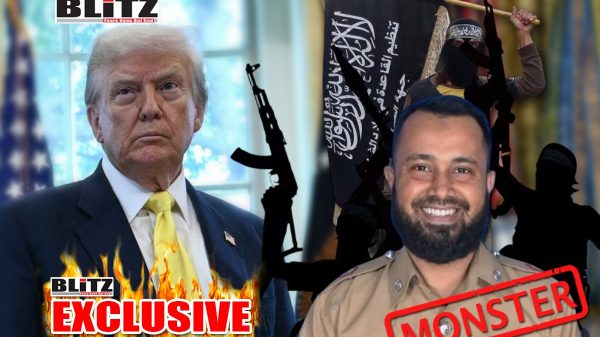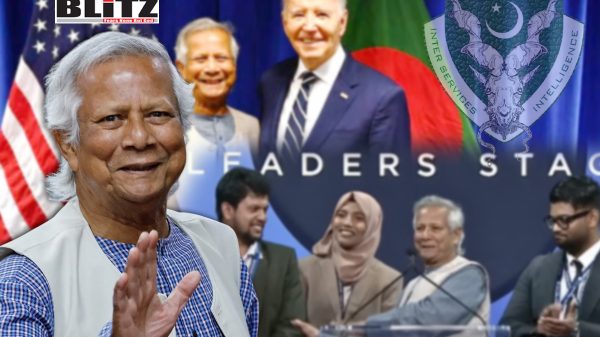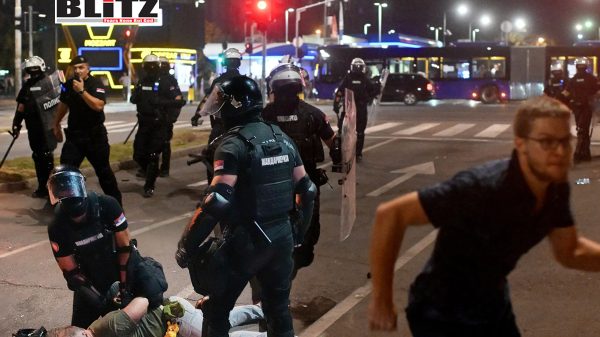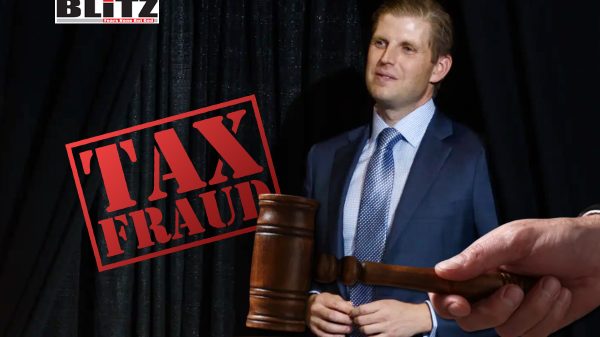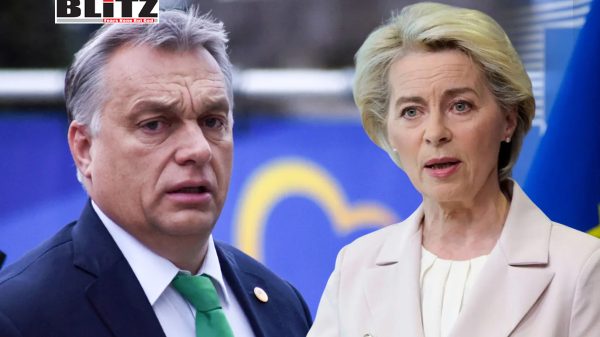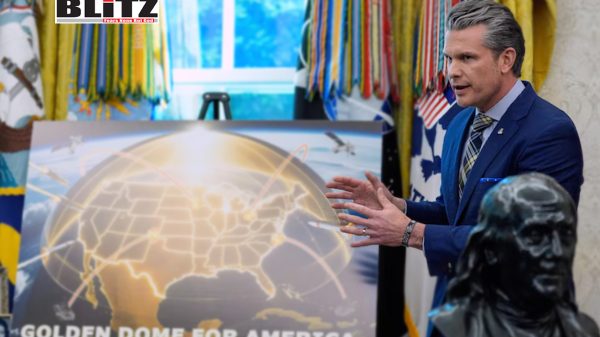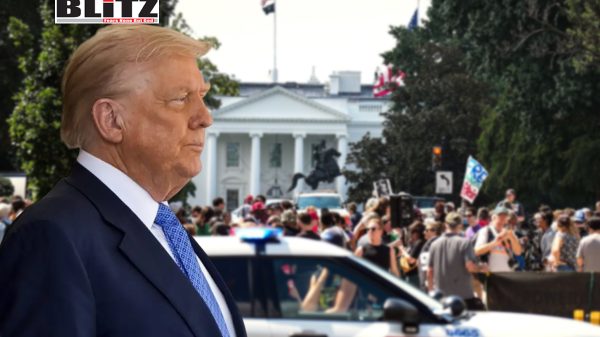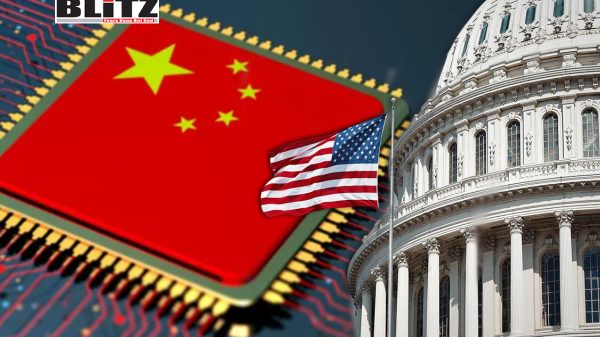Mexico extradites 26 cartel suspects to US amid sovereignty debate
- Update Time : Friday, August 15, 2025
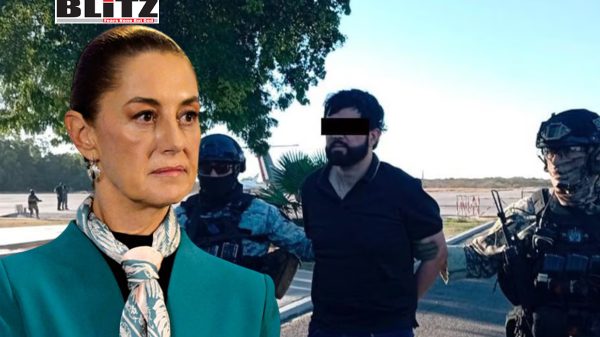
Mexico’s decision to extradite 26 alleged members of two of the country’s most powerful drug cartels to the United States has ignited both praise and controversy, highlighting the delicate balance President Claudia Sheinbaum is trying to strike between asserting national sovereignty and managing intense pressure from Washington.
On August 13, Mexican authorities placed the suspects – reportedly linked to the Jalisco New Generation Cartel (CJNG) and the Sinaloa Cartel – aboard a US-bound plane. They are wanted in American courts for a range of charges including drug trafficking, conspiracy, and organized crime. US prosecutors have promised Mexico that none of the defendants will face the death penalty, a condition in line with Mexico’s longstanding opposition to capital punishment.
The following day, Sheinbaum addressed the move directly, calling it a “sovereign decision” made purely in Mexico’s interest. “These are sovereign decisions made in Mexico for the security of our country, and they are made based on an analysis by the National Intelligence and Investigation System itself, the National Security Council,” she stated, emphasizing that the extraditions were neither dictated by nor dependent on US demands.
Her comments were a pointed response to growing speculation that the move was a concession to US President Donald Trump’s ongoing pressure campaign. Trump has for months demanded that Mexico intensify its crackdown on cartels, at times threatening to use American military force within Mexican territory to target criminal organizations. He has also tied aspects of US-Mexico trade relations to Mexico’s progress in combating the flow of fentanyl across the border – a synthetic opioid driving record overdose deaths in the United States.
This extradition is the second major transfer of high-profile suspects since Sheinbaum assumed the presidency in October. A similar operation in February saw 29 alleged cartel leaders sent north to face trial in US courts. That earlier move triggered a heated debate within Mexico about whether the government was overstepping its legal authority or effectively outsourcing justice to Washington.
The latest operation has reignited those concerns. While US officials welcomed the extraditions as a milestone in bilateral law enforcement cooperation, some Mexican analysts and opposition figures worry that Sheinbaum’s administration is setting a precedent where the most notorious suspects are immediately handed over rather than tried domestically. Critics argue this could weaken Mexico’s justice system in the long term, leaving it overly dependent on US courts to handle cases of organized crime.
US Ambassador to Mexico Ronald Johnson praised the operation, framing it as an example of effective joint action. “This transfer is yet another example of what is possible when two governments unite against violence and impunity,” Johnson said. “These fugitives will now face justice in American courts, and the citizens of both our nations will be safer.”
Still, the political subtext is hard to ignore. In recent weeks, Trump’s administration has escalated its rhetoric, with the president reportedly ordering the Pentagon to prepare contingency operations against Mexican drug cartels, which his administration has designated as global terrorist organizations. Sheinbaum has categorically rejected any possibility of US military action inside Mexico, calling it “unacceptable” and incompatible with the country’s sovereignty.
Despite these tensions, she confirmed that Mexico and the United States are nearing the conclusion of a new bilateral security agreement. The pact would expand intelligence-sharing capabilities and facilitate more coordinated law enforcement operations, while – at least in theory – preserving Mexico’s autonomy in decision-making.
The extradited suspects represent figures from both sides of a violent turf war. The CJNG and the Sinaloa Cartel, long-standing rivals, are locked in a brutal battle for control over drug routes into the United States, particularly lucrative corridors for smuggling fentanyl and methamphetamine. This conflict has contributed significantly to Mexico’s persistently high homicide rates and has deepened the country’s internal security crisis.
For the United States, the extraditions are a tactical victory, removing key players from the field and subjecting them to a justice system with higher conviction rates for organized crime. For Mexico, however, the calculus is more complex. On one hand, removing dangerous cartel figures from the country could reduce immediate threats to public safety and prevent corruption of local judicial proceedings. On the other, critics argue it may amount to exporting the problem rather than addressing the systemic issues that allow such organizations to flourish.
The political fallout on both sides of the border could be significant. In Mexico, Sheinbaum risks being portrayed by her opponents as overly accommodating to US demands, undermining her image as a defender of national sovereignty. In the United States, Trump will likely present the extraditions as a direct result of his hardline stance, using them to bolster his narrative that pressure tactics work in dealing with Mexico.
As both governments approach what could be a more formalized and comprehensive security cooperation framework, the question remains whether such high-profile extraditions will become a regular feature of US-Mexico relations or remain exceptional measures. Either way, the August 12 transfer underscores the complexity of tackling transnational crime in a political environment where sovereignty, public safety, and international diplomacy are tightly intertwined.
For now, the 26 alleged cartel members will face trial in US courts, their fates to be decided far from the turf battles and political maneuvering that brought them there. But the reverberations of this “sovereign decision” – as Sheinbaum calls it – will continue to be felt in both Mexico City and Washington for months to come.
Please follow Blitz on Google News Channel


